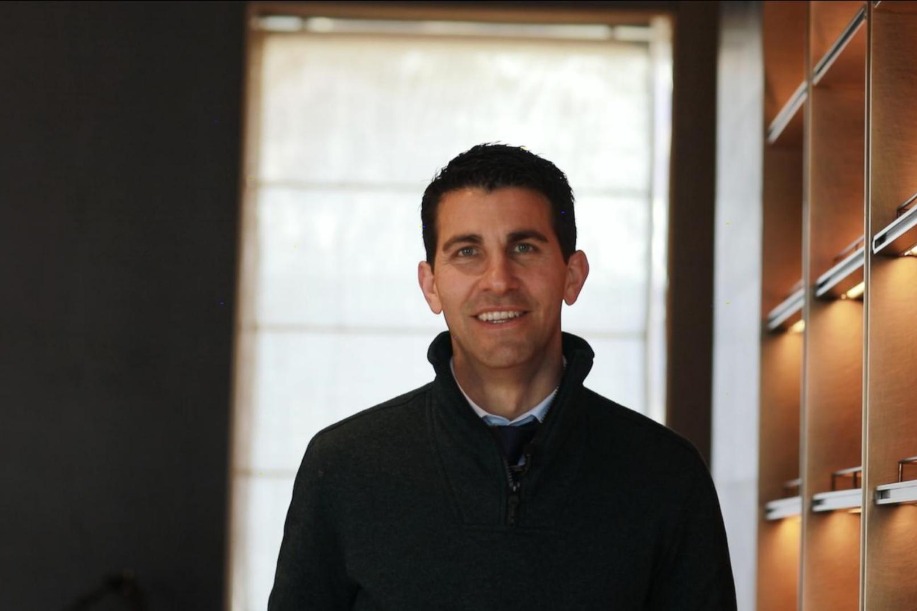Border tensions fan flames of migration politics


However, some Russian experts feel that Lukashenko is becoming a liability for Moscow's interests.
Maxim Samorukov, a scholar of post-communist Eastern Europe at the Carnegie Moscow Center, said, "The main goal of Russian policy in Belarus isn't to annex Belarus, but to make sure Belarus doesn't move toward the West."
Analysts said this gambit is worth trying if it offers a chance of easing the crisis, the roots of which go back to August last year, when Lukashenko claimed a landslide victory in his bid for a sixth term in office.
Speaking to the Financial Times, the senior EU diplomat said: "Any conflict resolution requires a compromise. We can't solve it by not letting[Belarus] win something."
Estonian Foreign Minister Eva-Maria Liimets said that Lukashenko, during his first conversation with Merkel last week, demanded he be recognized as Belarusian president-which the EU had refused to do since last year's election-and that sanctions against his regime be lifted in exchange for ending the migrant crisis.
European officials said a wholesale removal of sanctions was unrealistic. However, the senior diplomat said a more positive outcome would be one in which the EU provided financial or logistical support to ease the humanitarian crisis.
























